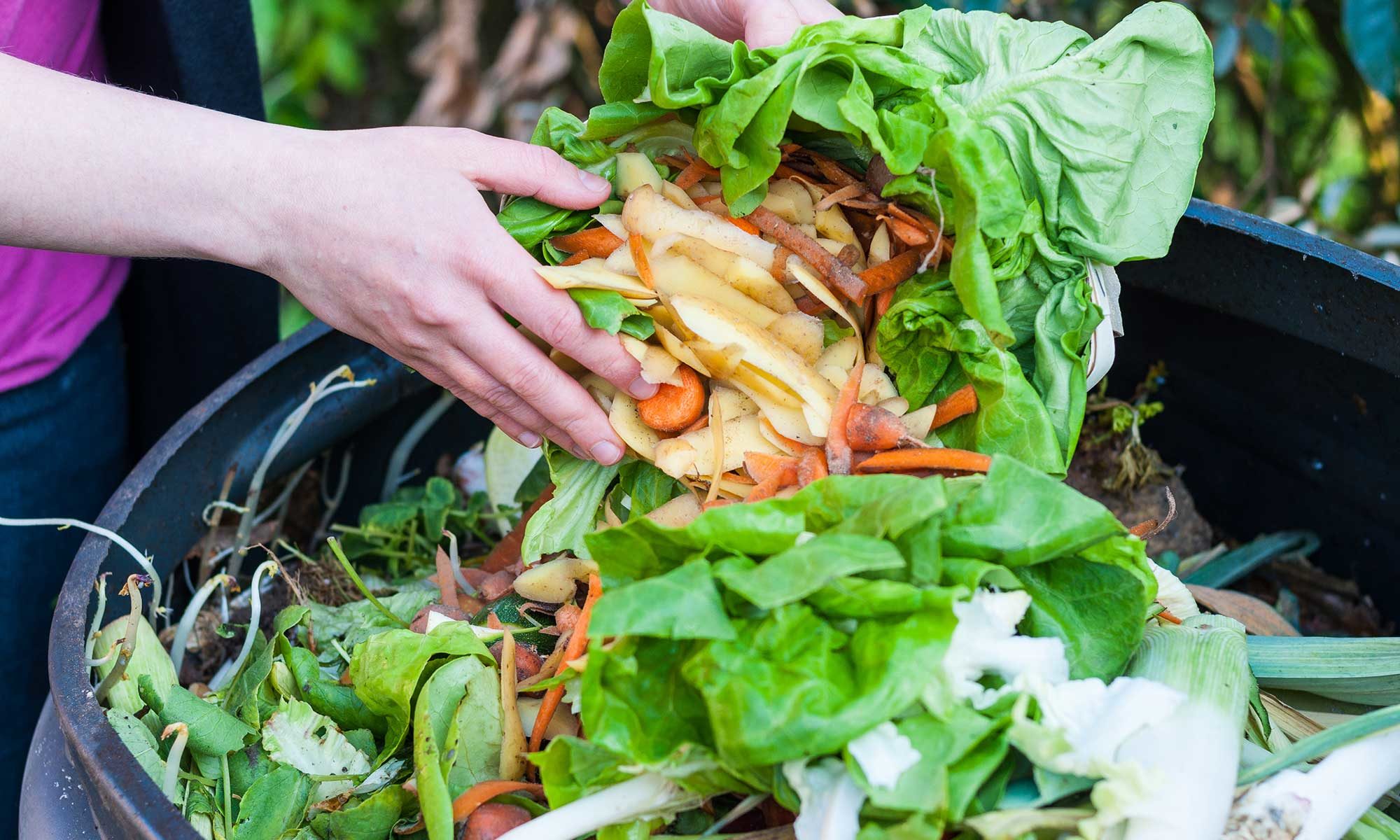Karin Meisterl | Sergio Sastre | Ignasi Puig | Rosaria Chifari
2024
Sustainability
Meisterl, K., Sastre, S., Puig-Ventosa, I., Chifari, R., Martínez Sánchez, L., Chochois, L., Fiorentino, G., Zucaro, A. (2024) Circular Bioeconomy in the Metropolitan Area of Barcelona: Policy Recommendations to Optimize Biowaste Management. Sustainability, 16, 1208. https://doi.org/10.3390/su16031208

